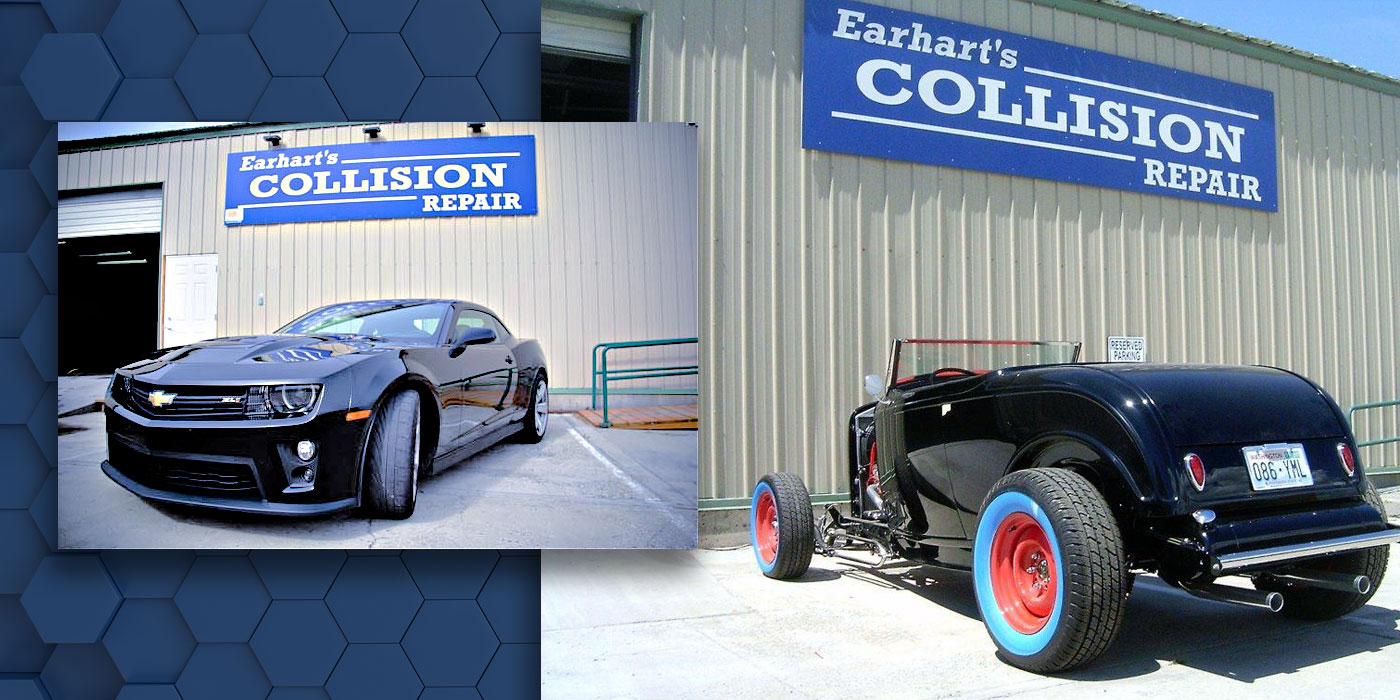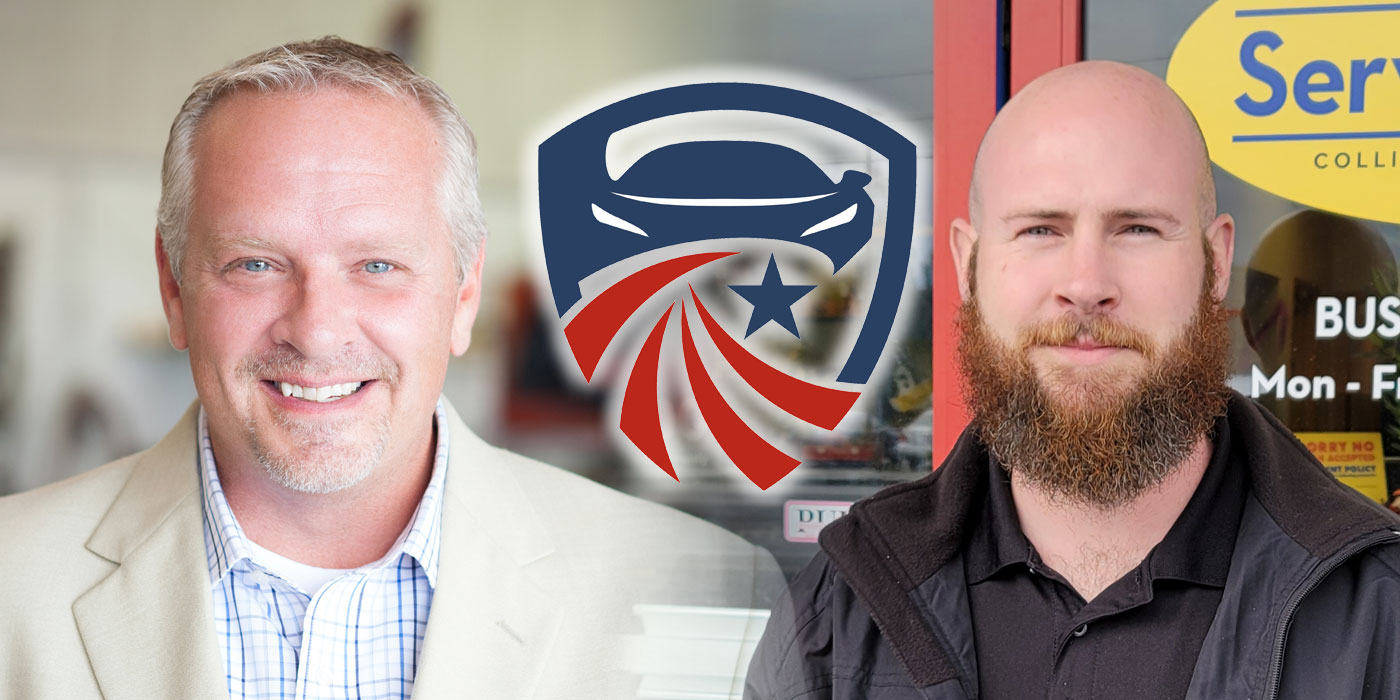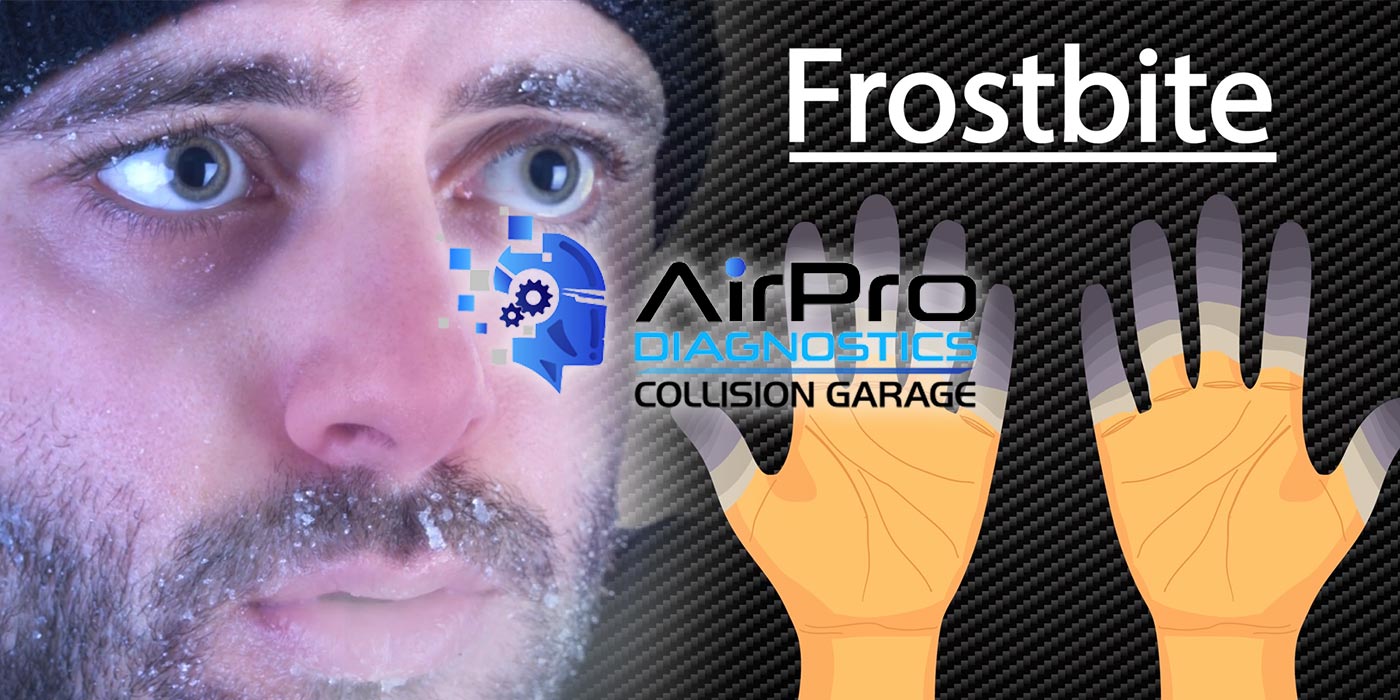
Everyone shows up late to work once in a while. But some employees have made it an artform.
According to a new CareerBuilder survey, one in four workers (25 percent) admitted that they’re late to work at least once a month, down from 29 percent last year.
‘My Dog Ate My Work Schedule’
Car trouble, severe weather and a late bus or train can derail even the most punctual employee’s best efforts to make it to work on time. But some workers take tardiness to another level.
Here are a few of the more ridiculous excuses that employers shared in the CareerBuilder survey:
- It’s too cold to work.
- I had morning sickness (it was a man).
- My coffee was too hot and I couldn’t leave until it cooled off.
- An astrologer warned me of a car accident on a major highway, so I took all back roads, making me an hour late.
- My dog ate my work schedule.
- I was here, but I fell asleep in the parking lot.
- My fake eyelashes were stuck together.
- Although it’s been five years, I forgot that I no longer work at my former employer’s location and I drover there accidentally.
In general, the usual suspects are to blame for why employees are late to work:
- Traffic (51 percent)
- Oversleeping (31 percent)
- Bad weather (28 percent)
- Too tired to get out of bed (23 percent)
- Forgetting something (13 percent)
You might think it’s OK to be running a few minutes behind, but the majority of employers (60 percent) said they expect employees to be on time every day, and more than two in five (43 percent) have fired someone for being late – compared to 41 percent last year.
More than 1,000 hiring and HR managers (of which 888 are in the private sector) and more than 800 workers in the private sector across industries participated in the nationwide survey, conducted online by The Harris Poll in November and December.












